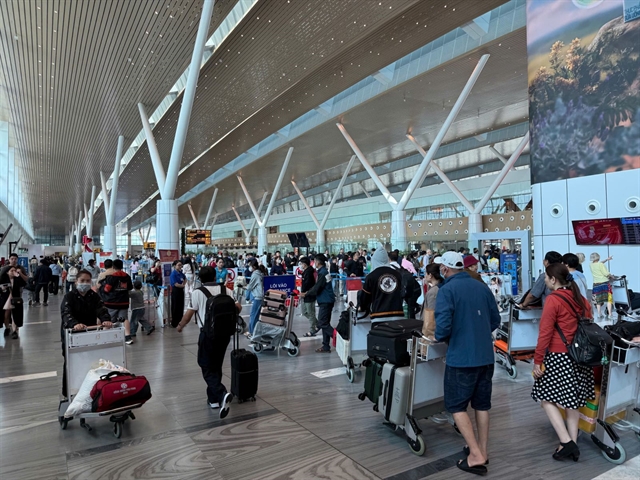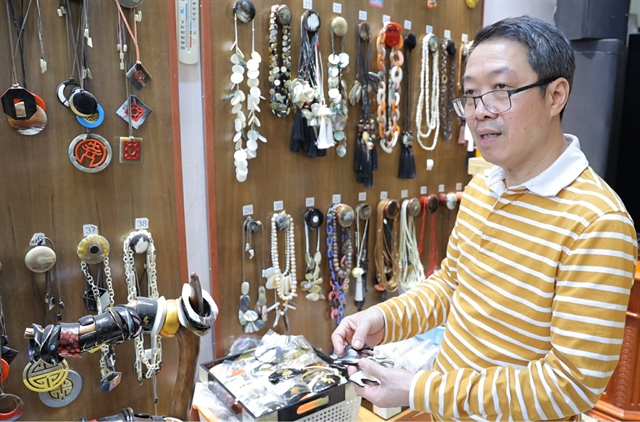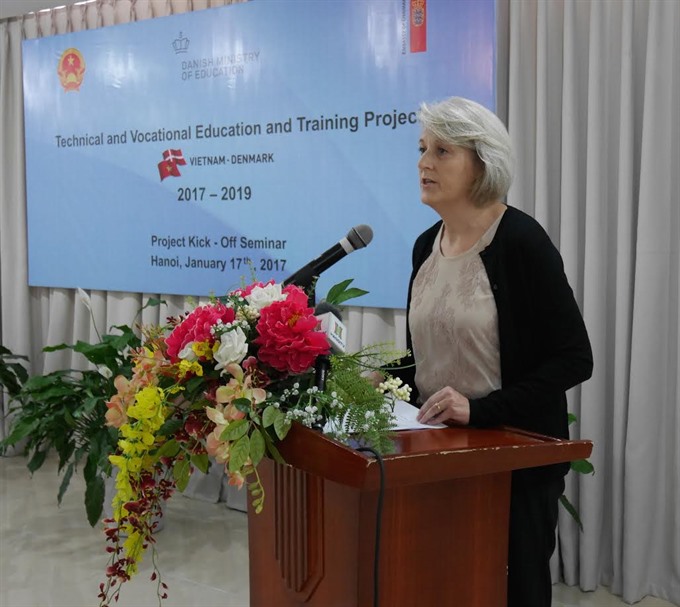 Society
Society

A workshop which kicked off on Tuesday for the Danish-Vietnamese Technical and Vocational Education and Training (TVET) project promises new opportunities for schools, companies and workers.
 |
| Charlotte Laursen, Ambassador of Denmark to Việt Nam, gives a speech at the workshop. – Photo Courtesy of the Danish Embassy |
HÀ NỘI – A workshop which kicked off on Tuesday for the Danish-Vietnamese Technical and Vocational Education and Training (TVET) project promises new opportunities for schools, companies and workers.
The workshop, co-hosted by Việt Nam’s Ministry of Labour, Invalids and Social Affairs (MoLISA) and the Danish Ministry of Education, launches the two-year project that is piloting dual vocational education and training at four TVET schools, including two in Hà Nội and two in HCM City.
The schools include the Hà Nội Industrial Vocational College, the North-Eastern Vocational College of Technology, Agriculture and Forestry, the Southern Technology and Agro-Forestry Vocational College and the HCM City Vocational College.
The project aims to enhance co-operation between authorities, TVET schools and enterprises in the furniture and graphic design sectors, addressing gaps related to skills and competencies of TVET school graduates and determining what is required by enterprises and the labour market in Việt Nam.
“By building links between line ministries in Việt Nam and Denmark and by integrating vocational institutions and businesses as key partners, we have created a new and promising way to cooperate,” Charlotte Laursen, ambassador of Denmark to Việt Nam, said.
“We prioritise graphic design and furniture as they are key sectors in the Vietnamese economy, measured by employment and export value, and hope this two-year project will successfully contribute with new ideas, which can benefit all involved – people, institutions, companies and ministries,” she said.
The Danish Embassy is part of the project’s steering committee, which also includes Việt Nam’s MoLISA and Ministry of Education and Training and Denmark’s Ministry of Children, Education and Gender Equality and Ministry of Higher Education and Science.
To implement the TVET project, local occupational skill councils will be set up and include representatives from companies, schools and local authorities.
The councils will lay out the skill requirements of companies, provide input for curricula development, develop models to organise practice placements for TVET students and work on recruitment and preparation of companies to engage in training of TVET students at the workplace. – VNS